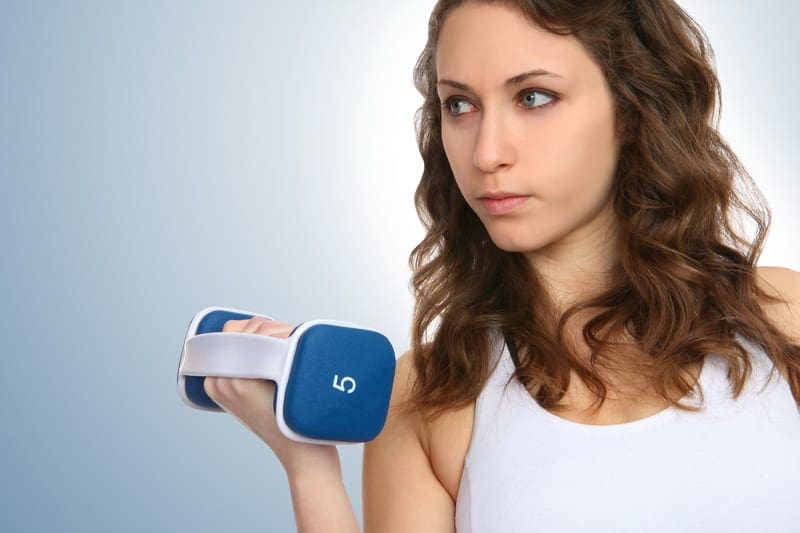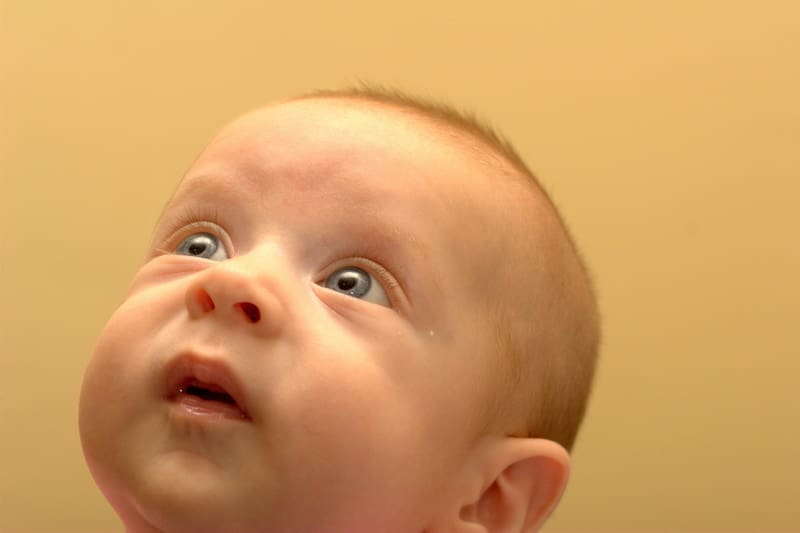Have you been feeling any different lately? You may be pregnant if you have been experiencing any of the 18 pregnancy symptoms below.
Nausea or morning sickness: Morning sickness is the nauseating feeling and vomiting some pregnant women experience during pregnancy. Most pregnant women experience morning sickness from the first month of pregnancy onwards. Although the name suggests that this is a condition experienced in the morning, it may strike at any time during the day whenever your blood sugar levels get too low.
Headaches: If you suffer from headaches, be prepared for them to worsen during pregnancy as changes in your hormone levels are the primary cause of headaches during this time. Other conditions such as lack of sleep, poor posture, stress, dehydration, and low blood sugar levels can also contribute to or cause headaches.
Dizziness and fainting spells: During your pregnancy, you might experience some dizziness and fainting spells if your blood pressure drops lower than your normal levels. This is perfectly normal, but in extreme cases, it might be a sign that something is wrong. If you’re feeling dizzy or faint, make sure to contact your doctor right away.
Mood swings: It’s normal to feel down during pregnancy because of all the physical and hormonal changes your body is going through. It can be tough to adjust to the new changes in your body and lifestyle, but eventually, you’ll settle into a new routine. Give yourself some time to get used to everything and don’t be too hard on yourself if things don’t seem perfect at first.
Fatigue: If you’re feeling exhausted and are experiencing some or all of the symptoms mentioned in this article, there’s a good chance you might be pregnant. Hormonal changes are usually the main cause of fatigue, followed by the additional weight you have to carry around.
Food cravings: If you find yourself suddenly craving foods that you normally wouldn’t eat, it could be a sign that you’re pregnant. Many women start to crave salty and sweet foods during pregnancy, while some develop a strange craving for fatty or spicy foods. If you’re pregnant and experiencing any unusual cravings, be sure to talk to your doctor to see if they could be related to your pregnancy.
Weight gain and bloating: An inevitable part of pregnancy is weight gain from both the baby and the increased food intake to support the growing baby. As your baby grows, you will likely notice a change in your figure and that some of your clothes may no longer fit. Another tell-tale sign of pregnancy is when your tummy suddenly starts to look bigger than usual.
Heartburn: When the hormones in your body relax the valve between your stomach and esophagus, it can cause a wave of gastric acid to flow upwards and result in an uncomfortable burning sensation.
Lower back pain: As your baby grows, the added weight can pull your spine out of alignment and cause you to experience some back pain. To help alleviate this, try to do some gentle stretching exercises every day and avoid carrying your baby in a position that puts undue strain on your back.
Constipation: Hormonal changes during pregnancy can cause constipation by slowing down the movement of food through your digestive system. If you do not experience constipation frequently, this may be a sign of pregnancy.
Frequent urination: As your baby grows in the uterus, they will start to put more pressure on your bladder which may cause you to have to visit the restroom more often than before.
High Basal Body Temperature (BBT): If your BTT stays in the high temperature range for 18 days or more, you have a good chance of being pregnant.
Cramping: As the uterus grows and stretches to accommodate a baby, it’s normal to feel cramps that are similar to menstrual cramps.
Spotting: Some women may experience light bleeding during implantation of the fertilized egg. This can happen before their period starts, and the discharge may be lighter than normal. If you’re not sure whether you’re experiencing implantation bleeding or your period, pay attention to other symptoms you’re experiencing. For example, implantation bleeding is usually accompanied by cramping, while your period may not be.
Darkening of the areolas: The skin around your nipples, called the areola, may darken and increase in diameter during pregnancy. This is caused by your body’s preparation for your breasts to produce milk.
Tender or swollen breasts: It’s not uncommon for women to experience sore, tingly, tender or swollen breasts during pregnancy. In fact, many women report that these sensations feel like a more intense version of the ones they typically feel before their period starts.
Missed periods: A late or missed period is usually the first sign women notice when they are pregnant. However, pregnancy cannot be confirmed until further testing is done.
Positive pregnancy tests: You’ll know for sure that you’re pregnant when you either get a positive blood test or urine test.
Pregnancy tests: Although these tests are not always accurate, it’s still a good idea to visit a doctor to get more information.
Please be aware that not every symptom above is a definite sign of pregnancy. If you receive a positive pregnancy test, it’s best to visit a doctor and get more tests done to confirm the pregnancy. That’s the only way to know for certain if you are pregnant.











